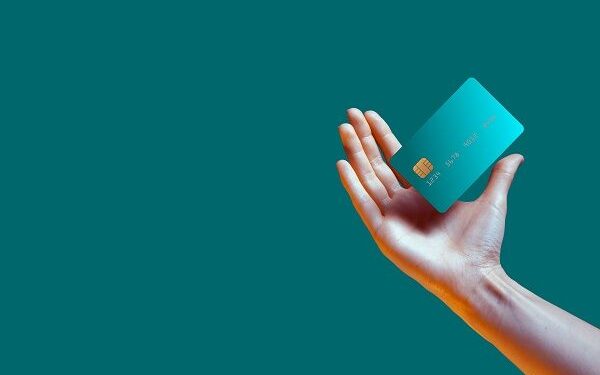Credit card fraud and theft are big concerns in India, especially with more folks applying for credit cards online and doing transactions on the web. Here’s how to keep your credit card info safe and avoid getting hit with unauthorized charges:
Understanding Credit Card Fraud:
- What It Is: When someone sneaks your credit card details to buy stuff or take out cash without your okay. They might do this by tricking you in emails, stealing your card physically, or hacking into online shops.
Protecting Your Credit Card Info:
- Secure Websites: When shopping online, make sure the site’s URL starts with “https” and has a padlock symbol in the address bar. This means your info’s encrypted and hard for sneaky hackers to swipe.
- Wi-Fi Caution: Public Wi-Fi isn’t safe for buying things online. Hackers can tap into it easily. If you must use public Wi-Fi, try a Virtual Private Network (VPN) to keep your info under wraps.
- Two-Factor Check: Beef up your online credit card accounts with Two-Factor Authentication (2FA). It’s like double-locking your door—a password plus a code sent to your phone or a scan of your fingerprint.
- Check Your Statements: Keep an eye on your credit card statements to spot any weird charges. If you see something fishy, tell your bank right away. Most banks in India ping you with alerts on their apps to keep you in the loop.
- Watch Out for Tricks: Scammers try to grab your card info with fake emails or websites. Be careful of any message asking for your credit card details. Make sure it’s legit before handing over your info.
- Virtual Card Numbers: Some banks offer virtual credit card numbers for online transactions. These are temporary card numbers linked to your actual account, providing an additional layer of security. If a virtual card number is compromised, it can be easily canceled without affecting your main account.
- Guard Your Gadgets: Keep your computer and phone safe with good antivirus software and keep them updated. Don’t download apps from shady sources either.
- Get Alerts: Set up alerts from your bank—by text or email—to know right away about any action on your card. It helps you spot and stop any crooked moves fast.
- Protect Your Card: Keep your credit card safe and never leave it lying around in public spots. If it gets lost or taken, report it to your bank pronto. Many Indian banks let you freeze your card quickly with their app or helpline.
- Lock It Down: Consider using a credit lock service from credit bureaus. It stops anyone from opening new accounts in your name without your say-so, which shields you from identity theft.
If Your Info Gets Swiped:
- Report It Now: If you think someone’s pinched your credit card details, tell your bank right away. Indian banks usually have round-the-clock service to sort this out fast.
- Stay Vigilant: After you report it, keep close tabs on your credit card statements and online accounts for any more sneaky stuff. Let your bank know straight away about any extra dodgy buys.
- Update Your Security: Change your online banking passwords and any security questions you’ve got. If your card info’s saved on any sites or apps, update that too to stop any more monkey business.
- Get Help: If it’s serious, let the police cybercrime squad or the Reserve Bank of India (RBI) know. They can take it from there to help stop more credit card scams.
In the end, keeping your credit card info safe means staying sharp and taking steps to lock down your online security. Use secure sites, watch your statements, and be smart about where and how you use your card. That way, you can enjoy the ease of online shopping without worrying about someone nicking your dough.













